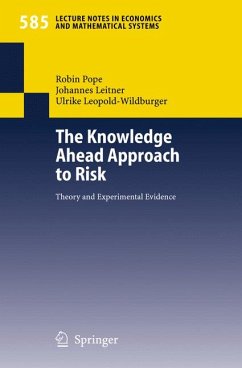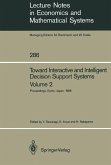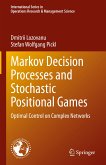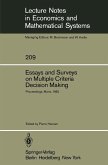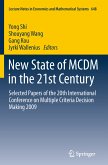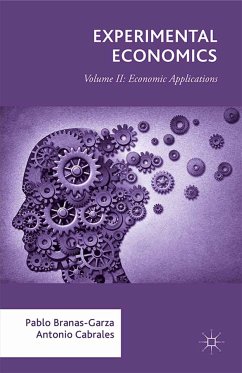Dieser Download kann aus rechtlichen Gründen nur mit Rechnungsadresse in A, B, BG, CY, CZ, D, DK, EW, E, FIN, F, GR, HR, H, IRL, I, LT, L, LR, M, NL, PL, P, R, S, SLO, SK ausgeliefert werden.
"While most approaches to risk ignore the time dimension, Pope, Leitner, and Leopold-Wildburger distinguish between primary and secondary satisfactions. ... The book may be suitable for senior undergraduate and graduate students, in addition to practitioners and researchers ... . It can serve to initiate researchers and students into experiments and how experimental results can serve to test and develop theories." (Kjell Hausken, Theory and Decision, Vol. 62, 2007)

